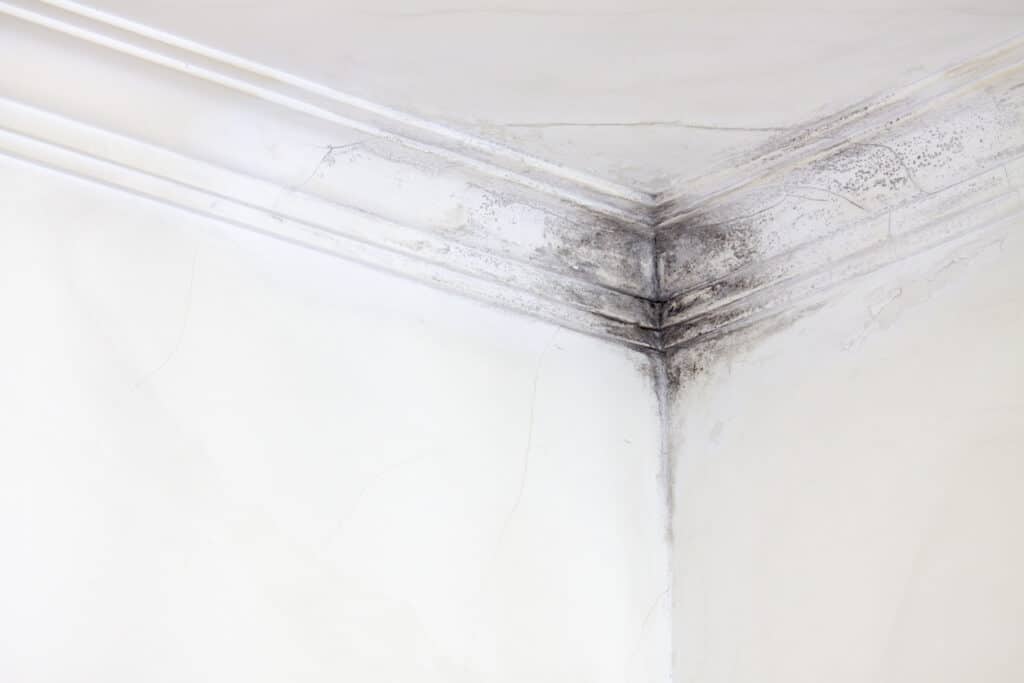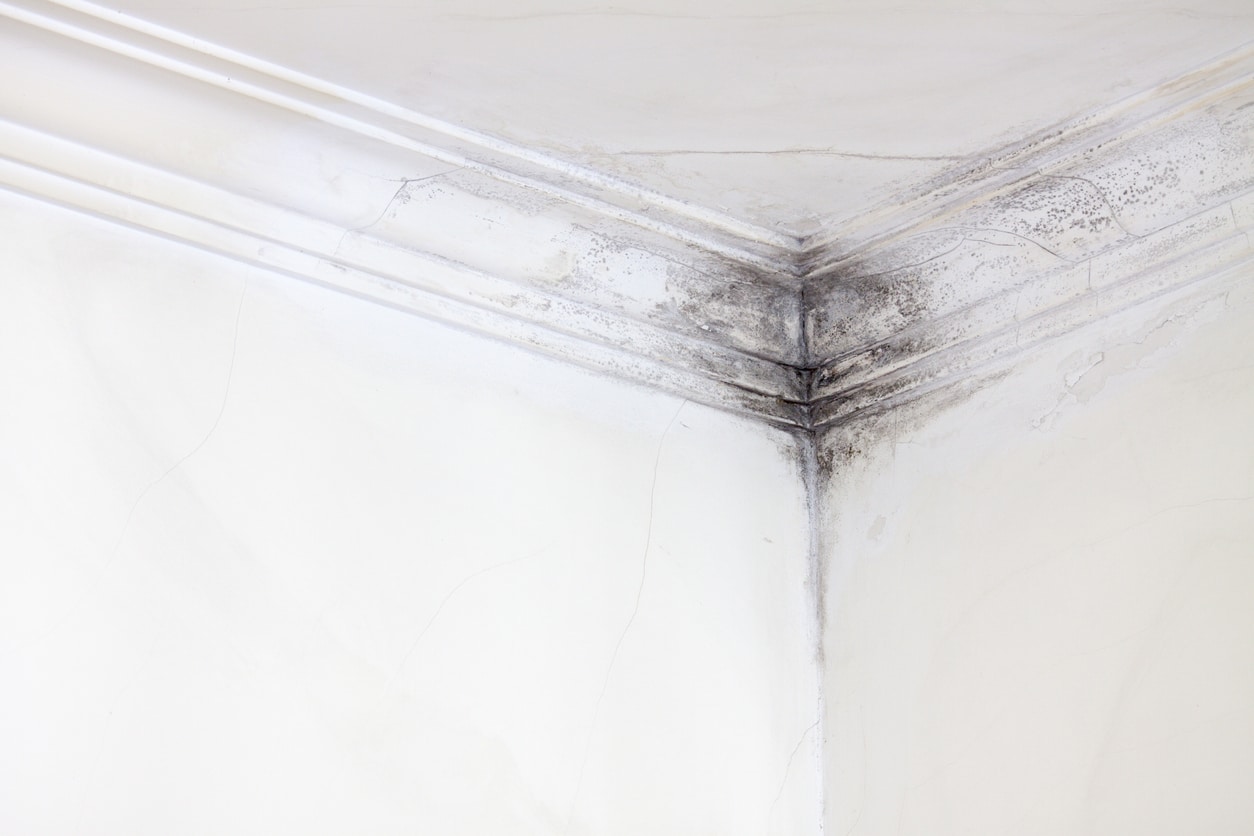
Discovering black mold in your Florida condo can be a distressing experience. Unfortunately, the high humidity levels in Florida can make preventing and controlling mold growth particularly challenging. Knowing what steps to take after discovering black mold in your home, including hiring licensed mold assessors and contractors, can help make the claims and remediation process go more smoothly and give you peace of mind during what can be a stressful time. Here’s what you need to know. And don’t worry. Having a condo owner rights attorney guide you through your black mold Florida claim ensures each of these steps is done the right way the first time!
Step One: Identify the Source of the Mold
Mold growth occurs when there is moisture from water damage, water leaks, condensation, water infiltration, or flooding. Constant moisture is required for growth. Because of its persistent humidity, black mold, which can grow on drywall and other material with a high cellulose content, such as fiberboard and paper, is a big problem in Florida. In addition to causing property damages, black mold can be a major health hazard.
When trying to identify the source of the mold, keep in mind that you may not be able to see the mold if it is inside your walls. A musty, earthy smell, like dirt and rotting leaves, is a telltale sign of the presence of mold. Experiencing asthma attacks or allergy symptoms in your home may also indicate there’s mold.
If you discover black mold, the first thing you must do is to identify its source. Look for leaks, signs of water damage, lack of ventilation, or old food, papers or wood. If you see or smell what you think is black mold, especially if the area of mold is large, you should consider getting professionals involved. Mold cleanup and removal, as well as recovering your expenses, determining responsibility and identifying available insurance coverage, can be a complicated, expensive undertaking. A Florida condo attorney, who represents owners, not Associations, can help you get every step right.
Step Two: Hire a Mold Assessor
A mold assessor will come to your home, inspect the mold, and prepare a remediation plan. The assessor does not remove the mold; that is done by a separate, independent, contractor or mold remediator. In fact, it can be a conflict of interest for the mold inspection company or individual to also perform the mold remediation for that dwelling unit.
The Florida Department of Business and Professional Regulation is responsible for licensing mold assessors and remediators. In addition to having a degree in microbiology, engineering, architecture, industrial hygiene, occupational safety, or a related field of science, mold assessors must have field experience and documented training in water, mold and respiratory protection.
To protect Floridians against disreputable professionals, Florida law requires mold assessors to maintain a $1 million general liability insurance coverage to cover both preliminary and post-remediation mold assessment. In addition, the remediation “protocol,” which serves as a guide for the necessary repairs, must specifically document the problem and be written in accordance with a national standard for Professional Mold Remediation.
It is critical to hire licensed professionals. An unlicensed or unqualified assessor may miss something important, design an overly complex remediation plan (or an inadequate one), or miss key steps in ensuring regulatory compliance. State law requires the remediator to follow the report of the assessor, so it is important to have a clear, well-prepared report by a mold inspector who does not have a financial interest in the remediation. Hiring the right assessor ensures a smooth process, an accurate assessment and an effective plan that meets Florida regulations.
An experienced Florida condo attorney can assist you in making sure the right professionals are brought in, that the mold assessment, remediation, and claims process goes smoothly and efficiently, and that you maximize your recovery for damages you’ve suffered to your property and your health.
Step Three: Notify Your HOA or Condo Association
The next important step is to notify your Condo Association or HOA that you have discovered black mold in your Florida unit. This is particularly true if the source of the mold is found to be a leaky roof, sewage back up, or exterior leak (coming from somewhere outside your unit). If this is the case, your Association may be liable for negligent failure to maintain common elements, and should be responsible for any interior damage to your unit.
Unfortunately, many condominium insurance policies have very limited coverage for mold damage, and your Association will try to deny your claim. This is another reason why having a solid remediation plan from a reputable mold assessor is so important.
How a South Florida Condo Attorney Can Help Your Black Mold Florida Claim
If you need assistance pursuing a mold damage claim against your Florida Condo Association or HOA, we welcome you to contact us at (954) 966-3909.
We serve the legal needs of individual condominium owners, homeowners and cooperative owners in resolving disputes with their associations throughout Florida, including Broward, Dade and Palm Beach Counties, as well as Hollywood, Davie, Pembroke Pines, Hallandale, Sunny Isles, Aventura, Miami, North Miami, Brickell, Boca Raton, West Palm Beach, and Naples. We never represent associations.
Please note that free case evaluation is by telephone and does not include legal advice. Office consults with legal advice are available on a flat fee basis.

